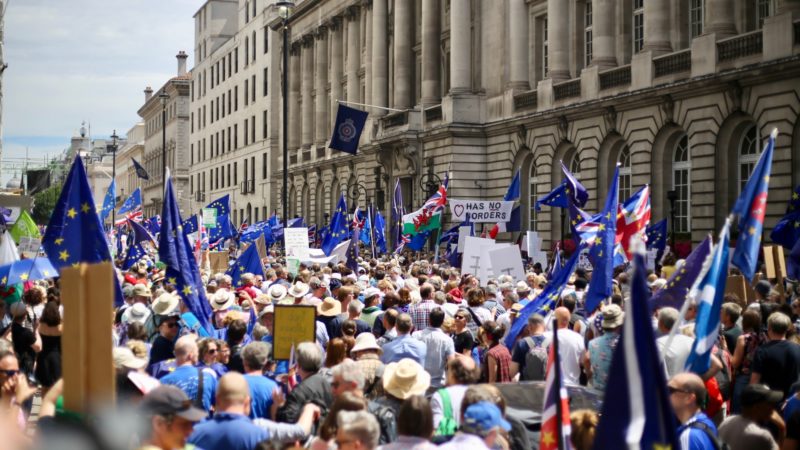"The situation of all of us having the politics the few pay is dangerous"

Yesterday, I spoke in the House of Lords debate on the Early Parliamentary General Election Bill, representing the only group opposing it. Had there been a vote, we would have voted against it.
We opposed the bill because there are many barriers to a free and fairly conducted election, at least one of which could have been fixed very quickly and simply.
That just required a simple change to electoral law, proposed first by Green MP Caroline Lucas in the Commons, to act on a recommendation from the Electoral Commission made in May 2018.
Yes in May 2018, more than 18 months ago, the independent regulator asked the Government, and the parliament, to act on the inadequacy of the £20,000 maximum fine that it can impose for electoral offences.
That’s the small change down the back of the sofa to many of the people who are now buying our political advertising – and our politics.
A £20,000 maximum fine, is peanuts to the likes of hedge fund boss Crispin Odey who has in the past given more than £800,000 to pro-Brexit campaigns and made £220 million betting that a leave result in 2016 would cause the pound to crash, subsequently boasting that “the morning has gold in its mouth”.
That’s always been possible, in our ridiculously open-to-purchase political system, but it was at least visible.
If the country was plastered in billboards for one party, any voter could work out who was paying for them, and at least draw their own conclusions.
Now, in the age of dark digital online arts and individually targeted adverts, we simply can’t know – as we didn’t in the 2016 referendum and 2017 election – what is happening.
Which makes the situation of all of us having the politics the few pay for even more dangerous.
Caroline had presented to the Commons a single sentence amendment that would have fixed that. I read it on to the Hansard record last night.
Given the pace that parliament is operating at now they could be fixed in a day, were democracy to be the aim here.
There are many other changes that could be made – for example giving police the power to investigate electoral offences or regulating online advertising, as Lord Puttnam, chair of the Digital Technologies and Democracy Committee, had earlier highlighted.
But those would have required more time, which we clearly currently don’t have.
What the Green Party was proposing was simple, clear and deliverable.
But the official ruling was that this was outside the scope of the bill – any potential amendment could only essentially address the date of the election.
Disappointing, of course, but the campaign for this and many other changes to make our elections freer and fairer will go on. The ultimate aim is to ensure no one can buy our politics.
In making that argument, I didn’t have time for the other reasons why we might have opposed the bill.
It was not because, as Green MP Caroline Lucas said in the House of Commons that a general election – covering a range of issues – doesn’t allow us to get a clear verdict from the people on Brexit, as a People’s Vote would. Instead it is because it will be interpreted by many different people to mean many different things.
That’s an important argument to keep making – for the democratic way out of this Brexit chaos, as I said in the House, is to give the people the final say in a simple, clear, one-question vote – known as the People’s Vote.
Left Foot Forward doesn't have the backing of big business or billionaires. We rely on the kind and generous support of ordinary people like you.
You can support hard-hitting journalism that holds the right to account, provides a forum for debate among progressives, and covers the stories the rest of the media ignore. Donate today.



